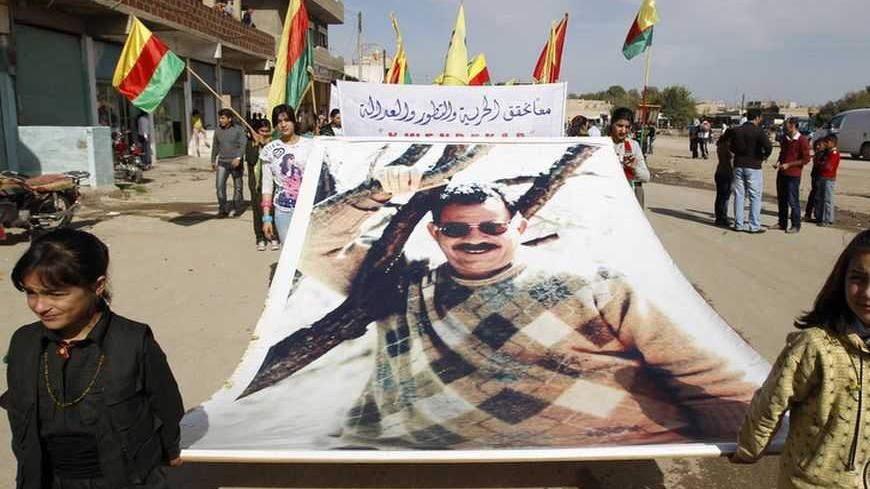In the past thirty years, more than a dozen governments and myriad political realities changed in Turkey, but one trouble has remained constant: The armed conflict between the state and the PKK, the outlawed Kurdistan Workers Party, a guerilla army driven by a blend of Kurdish nationalism and utopian socialism. Since 1984, when the PKK began attacking Turkish targets, more than 40 thousand lives perished — more than some 30,000 PKK militants, 7,000 members of the Turkish security forces, and a few thousand civilians. It is a huge death toll that is at least ten times more than that of the Northern Ireland conflict.



